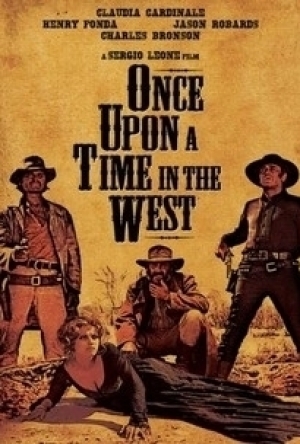Joss Whedon recommended Once Upon a Time in the West (1968) in Movies (curated)
Joe Jonas recommended track Bohemian Rhapsody by Queen in Live at Wembley Stadium by Queen in Music (curated)
Rufus Wainwright recommended Don Carlos by Verdi in Music (curated)
Gruff Rhys recommended California 99 by Jimmie Haskell in Music (curated)
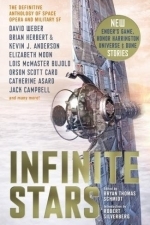
Infinite Stars
Book
The seductive thrill of uncharted worlds, of distant galaxies… and the unknown threats that lurk...
Science fiction
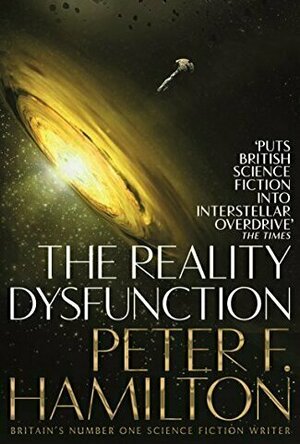
The Reality Dysfunction
Book
The Reality Dysfunction by Peter F. Hamilton is the first in a sweeping galactic series, The Night's...

DeA Agenti
Catalogs and Book
App
Effettuando il login con l'account agenzia DeA Scuola, dal tuo tablet, anche offline, potrai...

Warner Music Italy
YouTube Channel
Warner Music in Italia è la società italiana parte di Warner Music Group, fra i leader a livello...
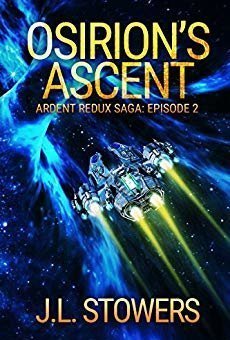
Osirion's Ascent: Ardent Redux Saga: Episode 2
Book
A fall from grace. A second chance. But can you ever truly go home? Captain Dani Devereaux is...
Ardent Redux Saga space opera space exploration
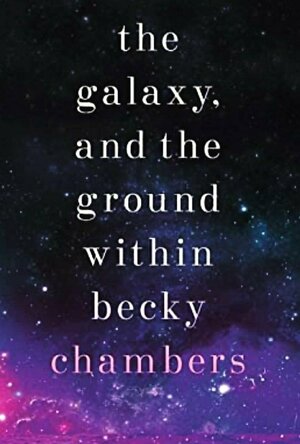
The Galaxy and the Ground Within
Book
The stunning finale to the award-winning Wayfarers series by Becky Chambers, author of the beloved...
Space Opera Space Aliens
